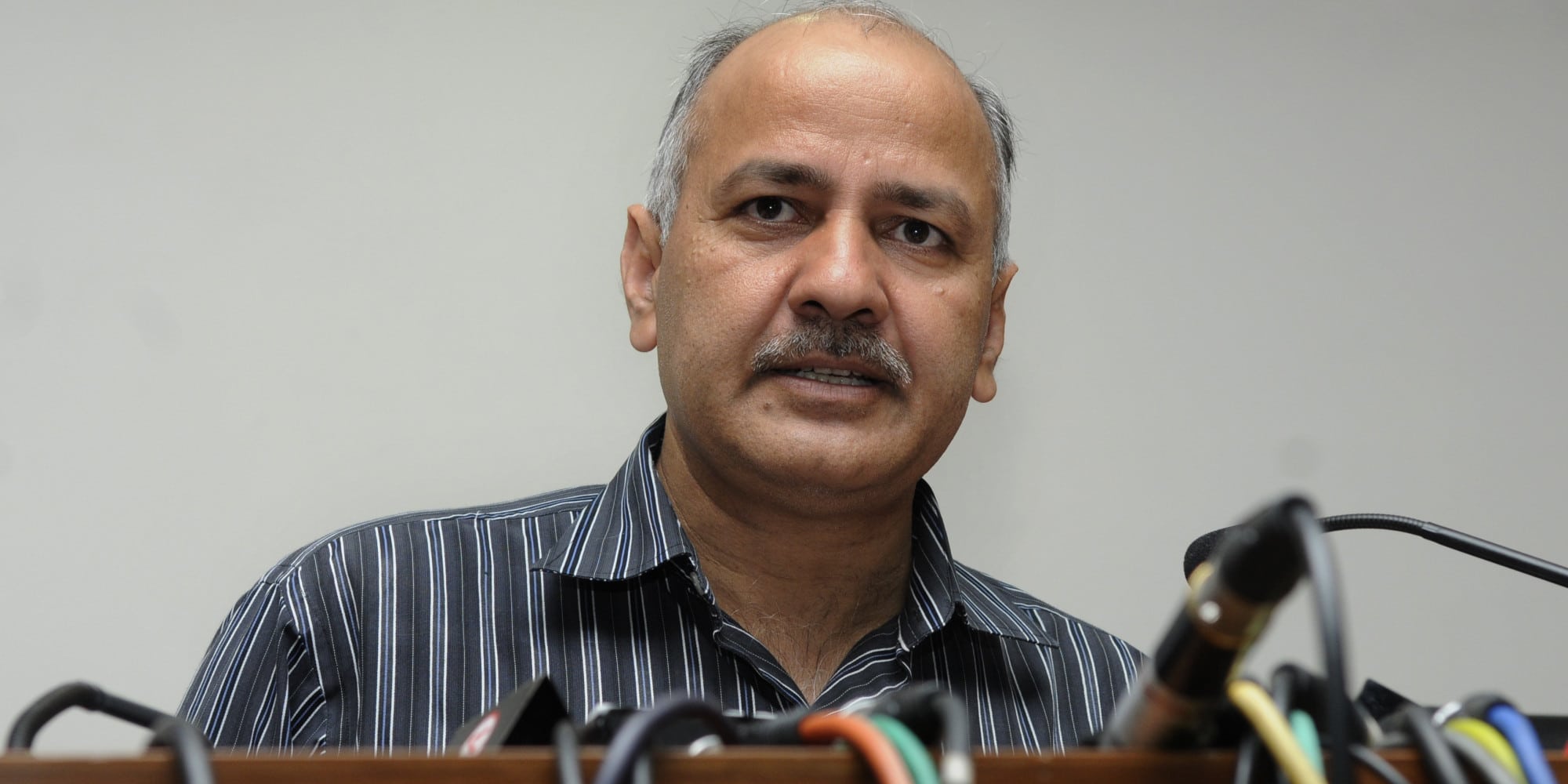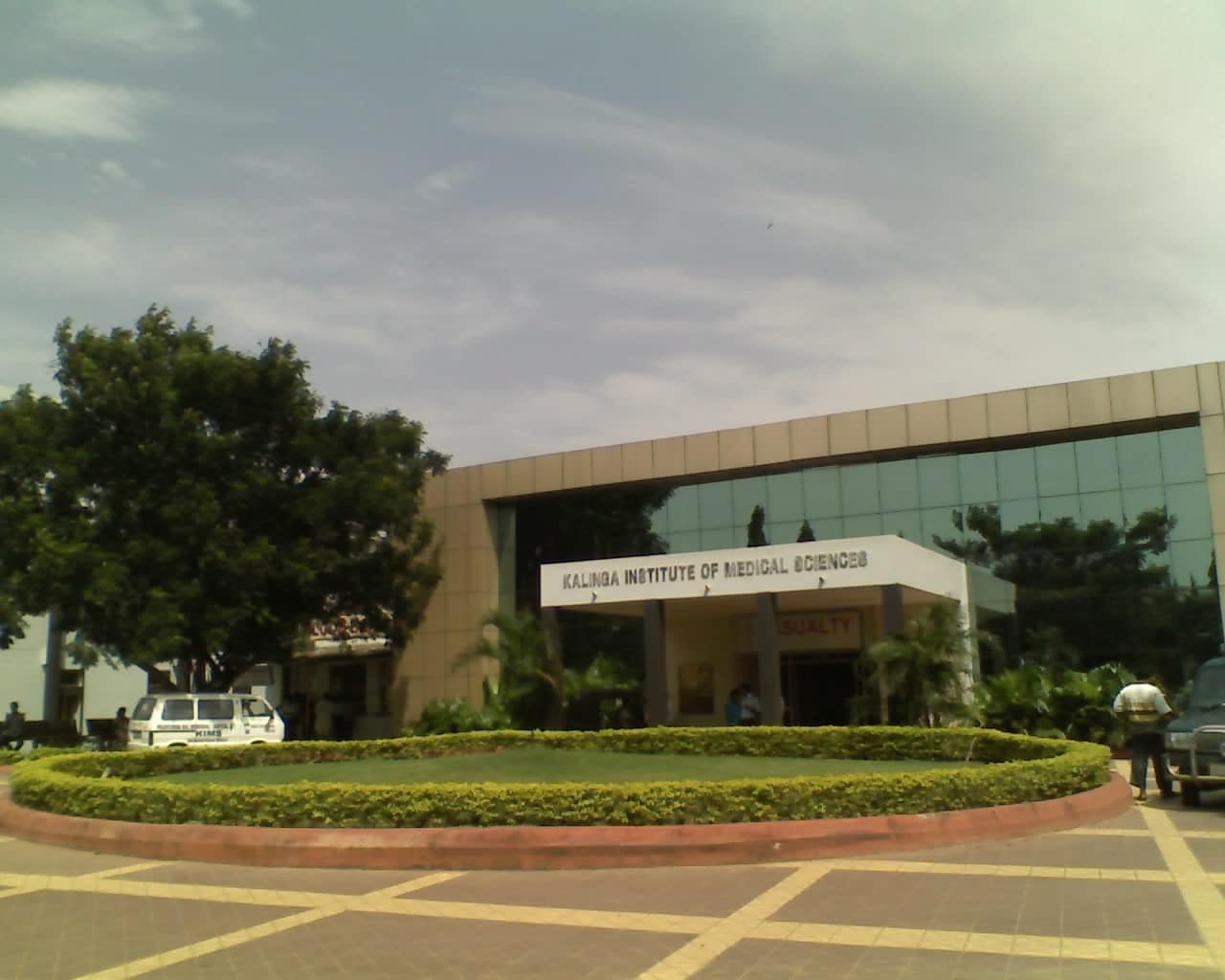University of London’s Pro Vice-Chancellor and Chief Operating Officer Chris Cobbs has said that education is one of the wonders of the world.
 Sharing his views at 10th world Education Summit, Cobb said, “We all get benefits from education, it benefits society, it benefits the individual and we must do everything we can do to further it. We can only further it really by building on what’s gone before and I think education is much more evolutionary than revolutionary. There are innovations in this sector to use technology positively.”
Sharing his views at 10th world Education Summit, Cobb said, “We all get benefits from education, it benefits society, it benefits the individual and we must do everything we can do to further it. We can only further it really by building on what’s gone before and I think education is much more evolutionary than revolutionary. There are innovations in this sector to use technology positively.”
While speaking about the innovation during the summit, he said, “The University of London has been providing education for almost 180 years and it’s one of the oldest universities in the UK after Oxford and Cambridge but it was one of the first universities to start innovations, previously Oxford and Cambridge only talked about it. It was the University of London that started breaking that mold we were the first to teach women with first abroad in the curriculum and we’ve been innovating ever since.”
“One of the greatest innovations that we introduced was that we have students who couldn’t come to London. We brought education to the institutions near to them so that they didn’t need to come to London. We partnered with the institutions in their own country. The first country we partnered with was in the Seychelles. The exam process which includes dispatching exam papers, conducting exam and declaration of result, took more than six months. In this process, shipping of papers to Seychelles, shipping of answer sheets from Seychelles to London and dispatching results back to Seychelles took six months (2 months each). Nowadays it is a matter of weeks. Today, a person sitting in New Delhi or in any corner of the world can take the exam of any institute of London,” he added.
In order to spread the best practices of the university across the world, the university have partnered with institutions all around the world. “We have over 140 institutions that we partnered with all around the world. The students need not to leave their country yet they can get the learning of global standards in the institutions near to them. But, this isn’t distance learning in the way in which people often think of. The education provided to the students of these institutions is in the virtual learning environment. Institution and students are taught very much like they are in a typical university,” he said.
“Most universities today, particularly those in the West, taught in the manner known as a hybrid fashion. The in-class support is actually supported in a virtual way as well. Faculty lectures in the virtual learning environment no longer exist, in the same fashion that of flipped classroom scenario. In flipped classroom method, the students watched a lecture before entering the classroom and then the engagement with the tutor is about a conversation on the areas in which they struggled with and can’t understand. The same thing happens to the programmes of the University of London, the innovation continues to improve the classroom experience is through the use of virtual learning,” he further said while addressing the summit.
Describing about the new courses and the new partnerships of the university, Cobb said, “At University of London we have hundreds of courses and innovations are regularly incorporated in these courses. Recently, colleges like the London School of Economics, University College London, King’s College London, Royal Holloway and Queen Mary, are some of the colleges that have started two additional masters programmes which earlier were available at the university only. We have also been providing courses centrally. These courses include global MBA for which we have partnered with Queen Mary University as well as Master’s in professional accounting which is accredited by the ACCA and the pedagogy is sourced from University College of London”.
“These two new programmes have started a whole new range of innovations which will show that those subjects could actually modulised and disaggregated into certificated options and ways in which students can engage with pedagogy in bite-sized chunks that are more relevant for them today. It works well with employers, help students to get into jobs easily and it’s a brand recognised around the world,” he added.
He also said, “We are also partnering with institutions which are well established. Institutions like Universidad del Pacifico in Lima where they have a very well established brand in Peru but their degrees aren’t very well recognized around the world. Lima and Peru are attracting a huge amount of Industry and international business and they need graduates that are able to engage with those international businesses. So, rather than have the brains leave the country they would like their students to have qualifications which are recognised by international businesses.”
The University of London is also helping other universities to make their courses. Illustrating about this, Cobb said, “Universidad del Pacifico and other universities are now offering their degrees in parallel with the University of London degree keeping the students in Peru supporting the economy of the country and developing the society.”
He said, “The University of London has been around a long long time and it is still innovating and generating new ideas. We’re delighted to be here in India and we would love to work more with institutions in India keeping students in India working for India”.































